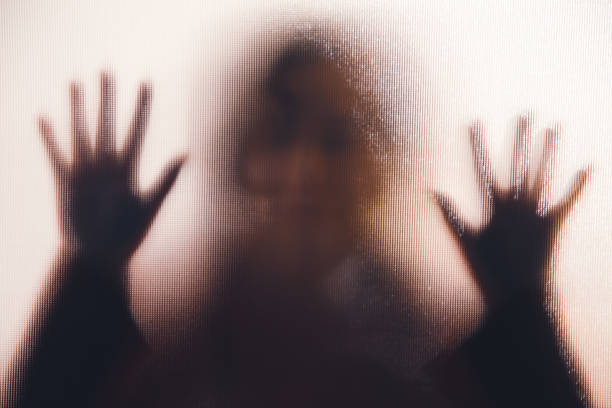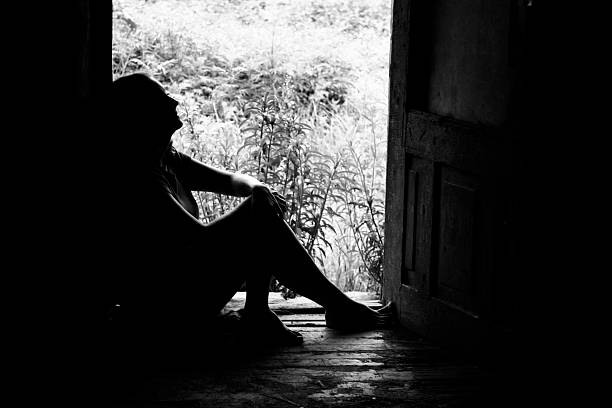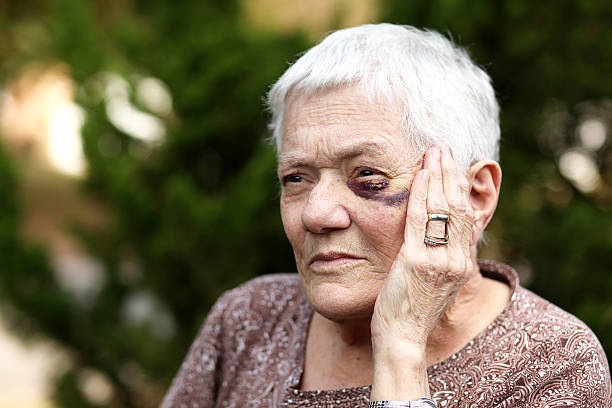The Elder Abuse Issues of Private Nursing: Take a Review
Elder abuse is a serious problem that can have a devastating impact on victims. It can happen in any setting, including private homes where elderly people receive care from private nurses. In this blog post we will see, The Elder Abuse Issues of Private Nursing.
There are a number of different types of elder abuse, including physical abuse, sexual abuse, emotional abuse, financial abuse, and neglect. Physical abuse can involve hitting, kicking, pushing, or other forms of physical violence. Sexual abuse can involve any unwanted sexual contact, including touching, fondling, or rape. Emotional abuse can involve name-calling, threats, intimidation, or isolation. Financial abuse can involve stealing money or property, or using the victim’s money without their permission. Neglect can involve failing to provide the victim with adequate food, water, clothing, shelter, or medical care.

Elder abuse can happen to anyone, regardless of age, race, gender, or socioeconomic status. However, there are some factors that can make elderly people more vulnerable to abuse, such as dementia, frailty, or isolation.
Private nursing can be a valuable resource for elderly people who need care. However, there are also some challenges that can make elderly people more vulnerable to abuse in private nursing settings.
One of the biggest challenges is the lack of oversight
Private nurses are not regulated in the same way as nurses who work in nursing homes or hospitals. This means that there is less oversight of their work, and it can be more difficult to identify and report abuse.

Another challenge is the lack of communication
Elderly people who receive care from private nurses may be isolated from their families and friends. This can make it more difficult for them to report abuse, and it can also make it more difficult for their families and friends to identify signs of abuse.
In addition, elderly people who receive care from private nurses may be reluctant to report abuse
They may be afraid of retaliation from the abuser, or they may not want to be placed in a nursing home.
There are a number of things that can be done to address these challenges
Home care providers should be trained to identify and respond to elder abuse. They should also be aware of the signs of abuse, and they should know how to report abuse.
Elderly people who receive care from private nurses should be encouraged to talk to their families and friends about their experiences
They should also be encouraged to report abuse to the police or a government agency.
There are a number of resources available to help victims of elder abuse
These resources can provide support, information, and legal assistance.
If you or someone you know is experiencing elder abuse, please reach out for help
There is no shame in asking for help, and there are people who care about you and want to help you get safe.
Here are some resources that can help:

- The National Center on Elder Abuse: https://ncea.acl.gov/
- The Eldercare Locator: https://eldercare.acl.gov/
- The National Adult Protective Services Association: https://www.napsa-now.org/
You can also get help online at the National Center on Elder Abuse’s website: https://ncea.acl.gov/
Remember, you are not alone. There is help available.
Here are some additional tips for preventing elder abuse in private nursing settings:
- Do your research before hiring a private nurse.
- Get references from previous clients.
- Ask about the nurse’s training and experience.
- Set clear expectations for the nurse’s duties.
- Provide the nurse with a copy of your loved one’s care plan.
- Keep in regular contact with the nurse.
- Be aware of the signs of elder abuse.
By following these tips, you can help to keep your loved one safe from elder abuse in private nursing settings.
